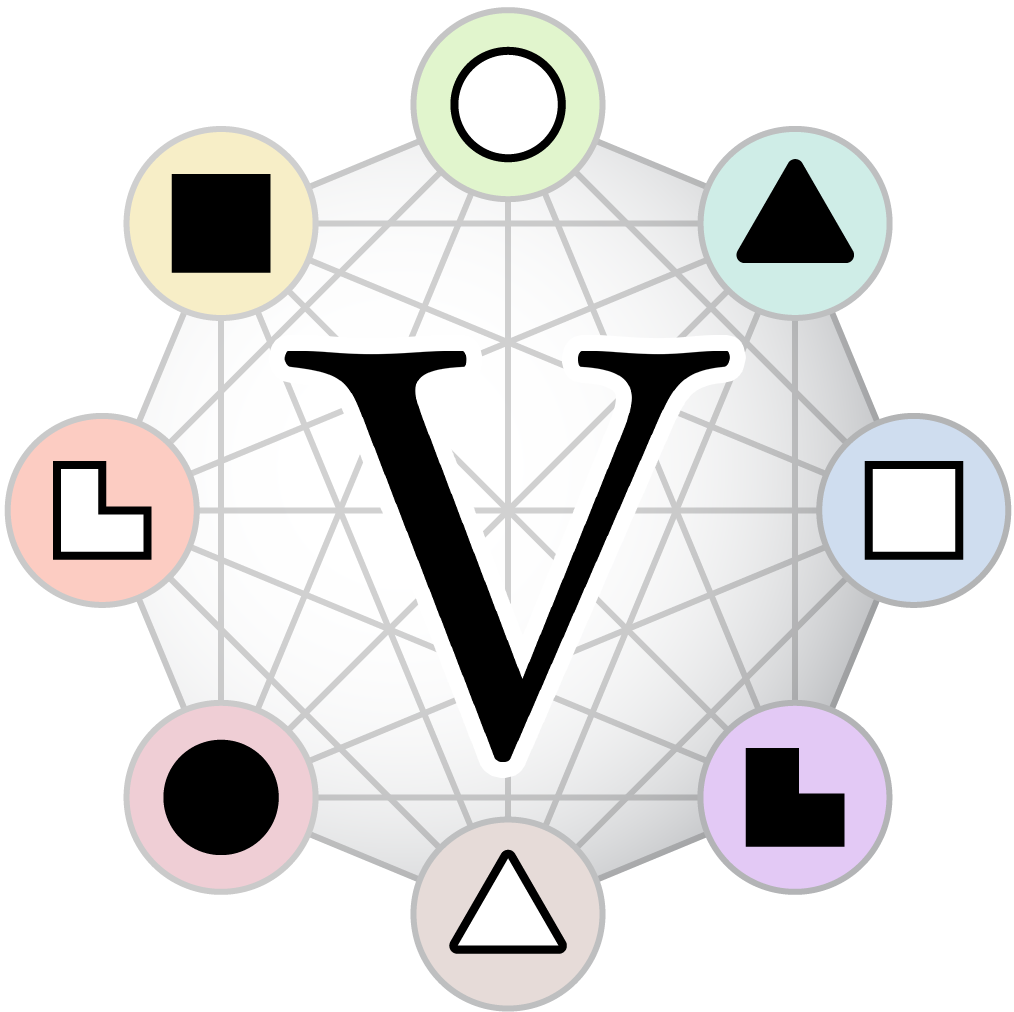Talk:Club of humanitarians
You've been using "light" and "heavy" a lot. Is there a page explaining that dichotomy? --Jonathan 22:22, 21 June 2007 (CDT)
- I'm a little weary of all these new dichotomies that have been introduced. I think we need to make them a little less prominent (i.e. mention that they exist on the page, but not make them the first thing people see on the page), or else people will feel like they can't understand anything and socionics is a lot harder than it actually is, because they don't know all the terminology. When in reality most of the terms and dichotomies are not vital to socionics and add little in the way of new understanding.
- "Light" and "heavy" -- or perhaps "lightweight" and "heavyweight" -- were terms introduced by Gulenko to divide the clubs up further. They describe the different approaches of dynamic and static types, but in the context of the socionic clubs. They aren't commonly used. (Admin 23:18, 21 June 2007 (CDT))
- Light and Heavy subdivisions of a club are very different to each other. I can't identify myself as a Light Researcher - they are more efficiency-driven, likes computers, mathematics, whereas Heavy Researchers are more stability-driven, likes logic, law, sociology, etc. they are more conceptual and non-practical. Machintruc 05:51, 22 June 2007 (CDT)
I fully agree that a lot of these dichotomies should not really stand on the forefront, and "light" and "heavy" are prime examples. Expat 01:12, 22 June 2007 (CDT)
I think that religious beliefs are no reason to edit what others have written without discussion, one of the most obvious Humanitarian clubs that I know is precisely one made of a group of people who get together to discuss the Bible and do call themselves a "church". If you are offended by the mention of the term "church", I will leave it out, but not to mention it at all is not objective. Expat 08:54, 22 June 2007 (CDT)
While we're on the topic of clubs, I'd like to give my somewhat negative opinion of the concept. First of all, the types in clubs are not at all drawn to each other. Without a specific common interest, no club will gather on its own (as opposed to a quadra). Or, they will merely argue around their club interest, and there will be no consensus. I think the idea that you can get a club together and they will peacefully talk about their club topic comes from theory rather than practice. What can a EIE and a IEE say to each other, for instance? Their views on humanitarian subjects conflict. IEEs or EIEs would much rather discuss their humanitarian interests with people from their own quadras, especially duals and activators -- even though they are "pragmatists."
So, I think that in practice club types do share a general broad field of interests, but forcing club types to be or work together is much more likely to produce arguments than productive discussion, in my experience. (Admin 09:06, 22 June 2007 (CDT))
- something like what you just wrote sounds like a good thing to preface the clubs articles with to make it clear what is actually meant when speaking of "clubs" (I agree with you)Bionicgoat 09:22, 22 June 2007 (CDT)
I agree with Rick, I had very superficial and casual interactions in mind when I wrote those descriptions. But I think that there is something to the concept: when my ILE brother and I talk (which is very rare) we discuss either gadgets or books or science fiction or movies. So at this level the clubs work, but not beyond that, and I tried to convey this. Expat 09:24, 22 June 2007 (CDT)
